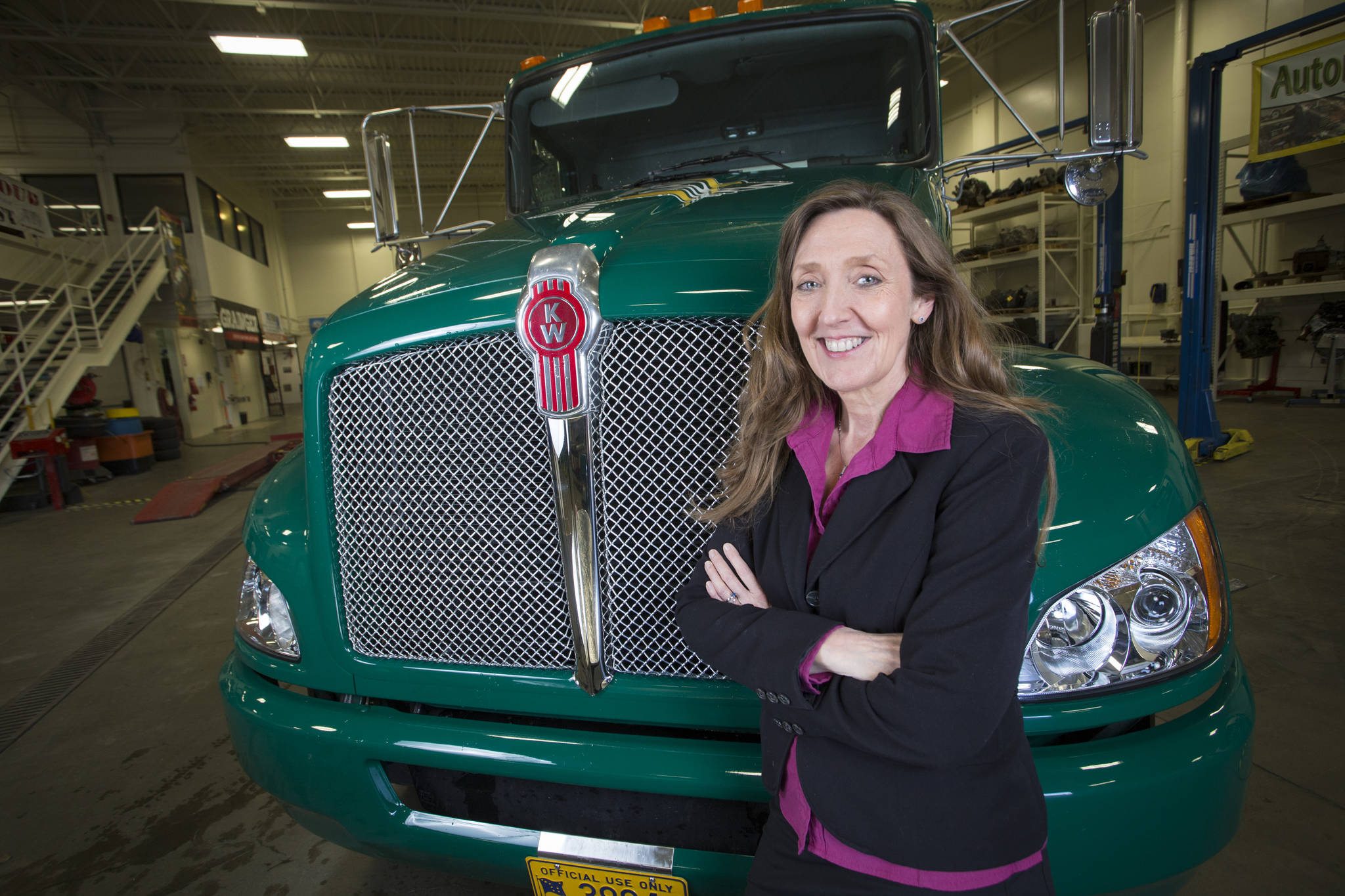As Alaskans, we all care about education and workforce training. Our state is both very large and very small, which can make providing timely, high-quality education and training a significant challenge. In order to help meet these challenges, the University of Alaska Anchorage works closely with local industries to constantly align our programs. In UAA’s Community & Technical College (CTC), for instance, we offer one-, two-, and four-year degrees in high-demand areas such as aviation, hospitality, construction, safety, computer technology, automotive, diesel, and welding. Each program has its own volunteer industry advisory board. These individuals provide guidance on equipment and curriculum, offer internship and job opportunities to our students, and provide valuable advice and support.
We also recognize that partnering with K-12 and regional training centers such as Alaska Vocational Technical Center (AVTEC), and with the military, is vital. In the past four years we have expanded opportunities for public school students to earn college credit for their career and technical education coursework, signed credit articulation agreements with a variety of local training providers, and created several targeted “cross-walks” that allow our service members to receive academic credit from their aligned military training.
In UAA’s CTC, most of the programs require hands-on education. To ensure our students have access to the highest quality training, we work with local industry and a number of generous individual donors who provide us equipment for training purposes. Where possible, we are also finding ways to deliver training to rural areas. Recently, we received a charitable grant to purchase portable welding simulators, allowing us to partner with our regional campuses to offer welding training in remote regions of Southcentral Alaska.
Our faculty represent a diverse mix of backgrounds, most have years of industry experience in addition to one or more academic degrees. Many hold nationally recognized certifications. For example, our faculty in automotive technology are all Automotive Service Excellence (ASE) Certified Master Mechanics.
Our current projects focus on helping Alaska expand opportunities for apprenticeship. With support from Technical Vocational Education Program (TVEP) funding and a national grant, we recently received approval to serve as a sponsor of Registered Apprenticeship, a program of the United States Department of Labor. Registered Apprenticeship is an “earn-and-learn” approach, making it possible for UAA CTC to partner with employers to provide classroom training and oversight, while the employer provides on-the-job training, salary and benefits. In other cases, we align, verify and provide academic credit for training delivered by industry.
The apprenticeship model allows us to collaborate, rather than compete, with industry and training partners on a relatively small scale, one that can work even in lower population areas. At this time, we work closely with numerous small and medium-sized businesses, such as automotive dealers and restaurants, to extend the benefits of apprenticeship to them and their employees.
We are also working closely with colleagues from UAF and UAS. In many of these career fields, the training received at any of our campuses statewide is aligned so students can take a few classes or a certificate on one campus, use those credits toward completing an associate at another, and finish with our fully online Bachelor of Science in applied technologies leadership program. This is another way students can experience our “earn-and-learn” model.
Reducing the time and cost to earn a credential, while expanding the overall opportunities for Alaskans to earn certificates and degrees, results in overall cost reduction without sacrificing quality. UAA CTC aims to build Alaska’s workforce and foster student success through quality education and technical training. But we cannot do this alone. We are grateful to all of our partners and welcome new opportunities to collaborate.
Denise K. Runge, Ph.D., is dean of the UAA Community & Technical College where she teaches classes in the UAA Bachelor of Science in applied technologies leadership program. Married, with two adult sons, Runge moved to Alaska in 2015. She has more than 25 years of experience as a faculty member and higher education leader.
Denise K. Runge, Ph.D., is dean of the UAA Community Technical College where she teaches classes in the UAA Bachelor of Science in applied technologies leadership program. Married, with two adult sons, Runge moved to Alaska in 2015. She has more than 25 years of experience as a faculty member and higher education leader.

